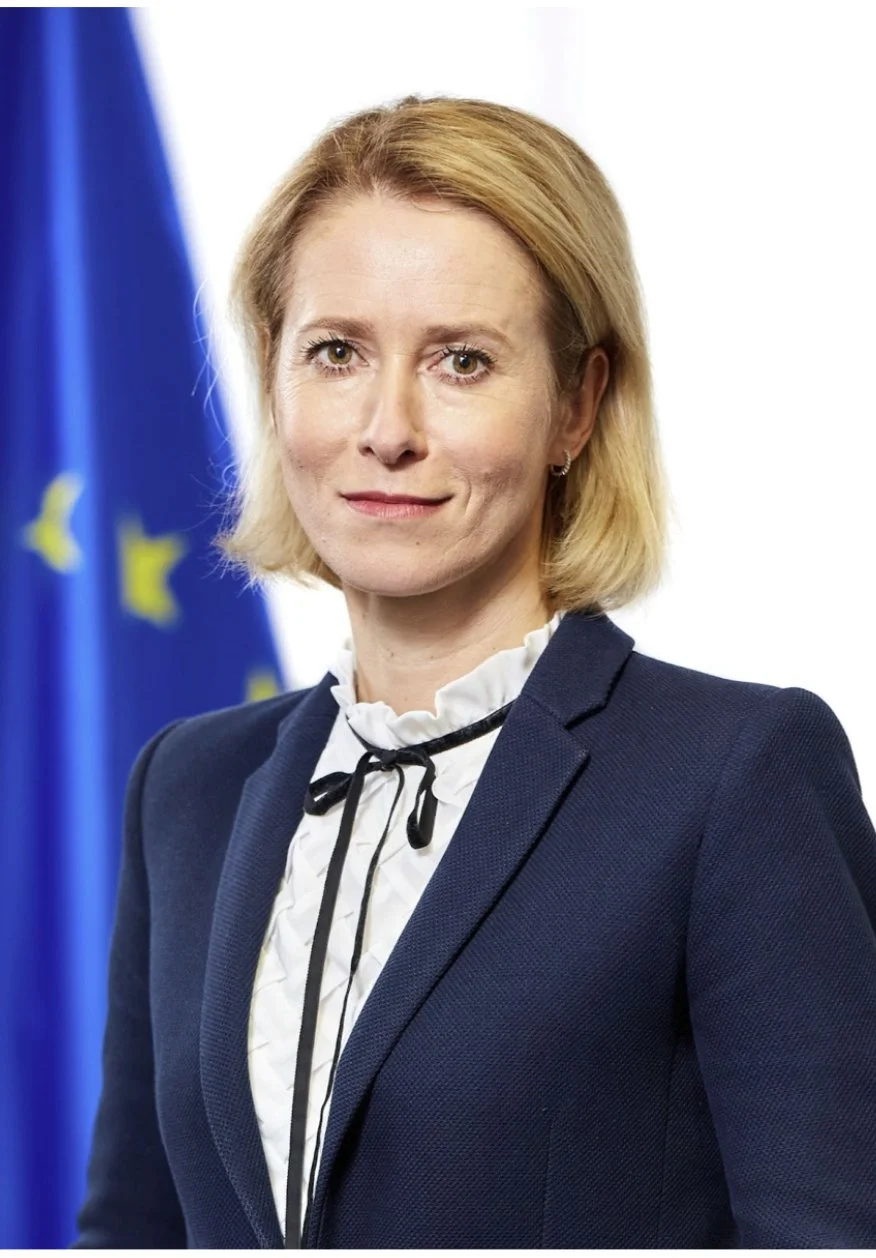Who is the head of EU’s foreign affairs Kaja Kallas?
Introducing an EU official
By Anna-Magdalena Glockzin, Reading time: 2 min
In the context of the myriad of geopolitical events that happen very quickly, the EU’s head of foreign affairs Kaja Kallas features prominently on the international stage. For example, in her direct statements against Russia and in favour of committed (military) support for Ukraine (“The EU wants Ukraine to win this war”). She has been in office since December 2024, having the role of the High Representative for Foreign Affairs and Security Policy and Vice-President of the European Commission. But who is Kaja Kallas and what has she done so far? Time to take stock.
Who is Kaja Kallas?
Kaja Kallas was born in 1977 in Tallinn and is the daughter of the former Estonian Prime Minister and EU Commissioner Siim Kallas, who negotiated Estonia’s membership to the EU and NATO. Kaja studied law at the university of Tartu and did her postgraduate degree at the Estonian Business School. Since 2011, she has been a member of the Estonian Reform Party and has led the party since 2018. From 2014 until 2018, she was also a member of the European Parliament, where she got to know the Brussels bubble. However, the EU and politics was something that she grew up with because of her father’s work. Before becoming the EU's High Representative, Kaja Kallas was the Prime Minister of Estonia from 2021 until 2024. She is married and the mother of a daughter and two sons.
Kaja Kallas (2024)
By © European Union, 2025, CC BY 4.0, https://commons.wikimedia.org/w/index.php?curid=158356884
Is she the “Iron Lady”?
The European Commission’s website states: “Her task is to lead a more strategic and assertive foreign and security policy that better enables the EU to pursue its strategic interests and shape the global system.” In fact, Kallas has never been shy in voicing her opinion about foreign policy matters, especially with regard to Russia’s war against Ukraine. She has been vocal in demanding military support for Ukraine, sanctioning Russia and investing in the EU's own defence capabilities. She once said: “In a world full of violence, pacifism would be suicide.” In 2024, Russia even issued a warrant for her because of “hostile actions against Russia”, but she remained calm and explained that “this is a well-known intimidation tactic” and that “Estonia and I remain steadfast in our policy.” After the sudden fall of the Syrian dictator Baschar al-Assad, she posted on Twitter that this is a positive development and travelled to the region two weeks later. Generally, her clear and outspoken stance on diplomatic matters are applauded by members of the European Parliament.
